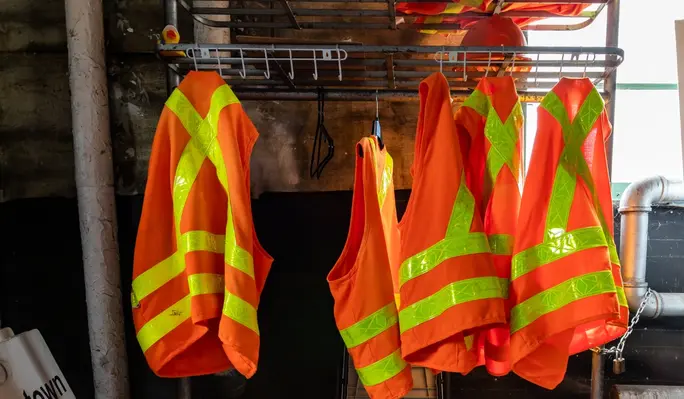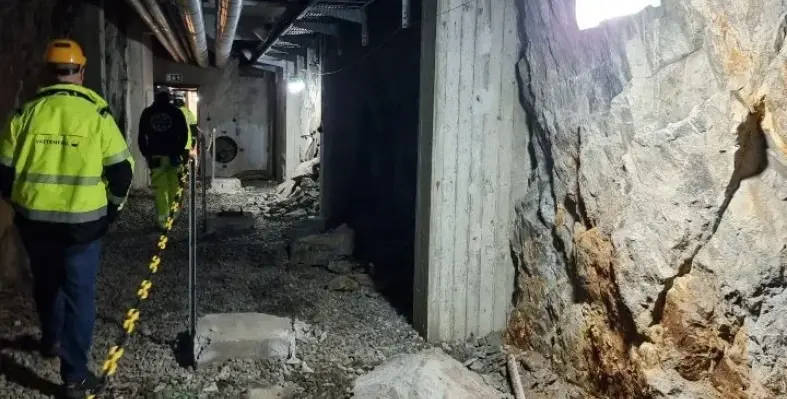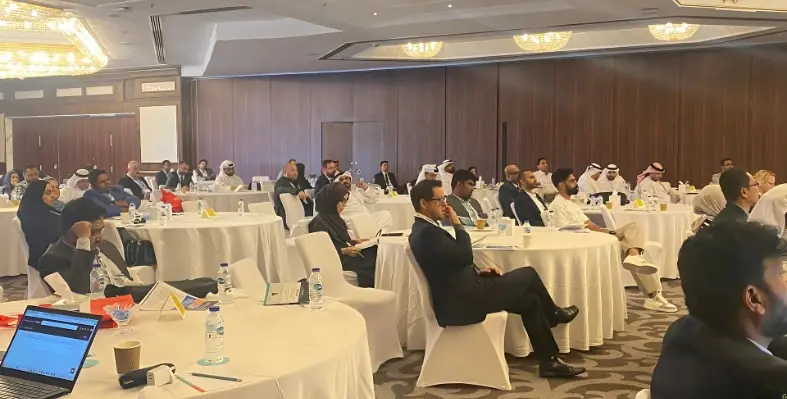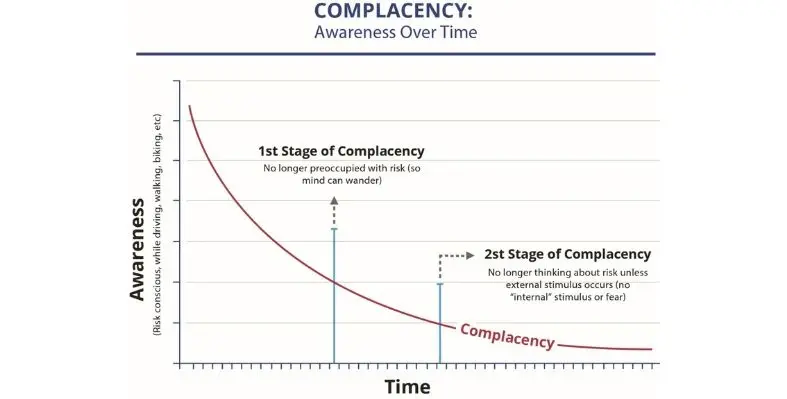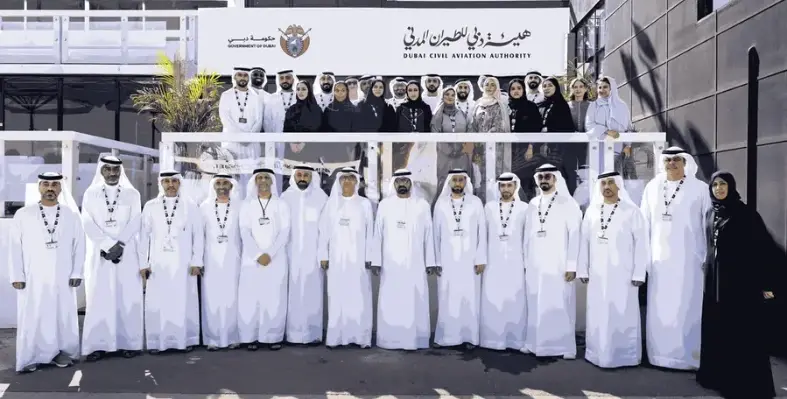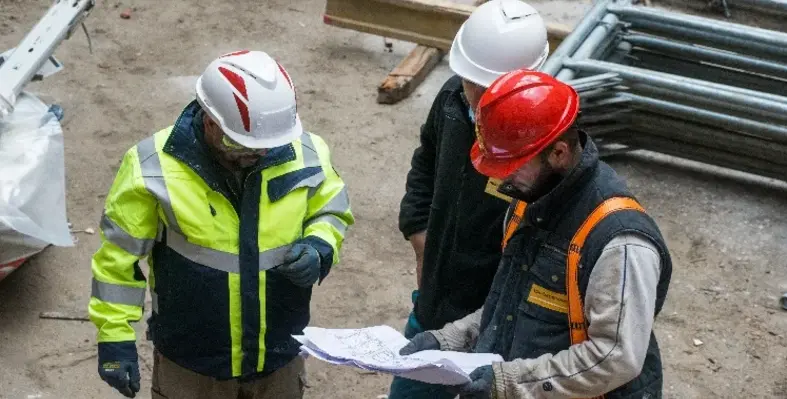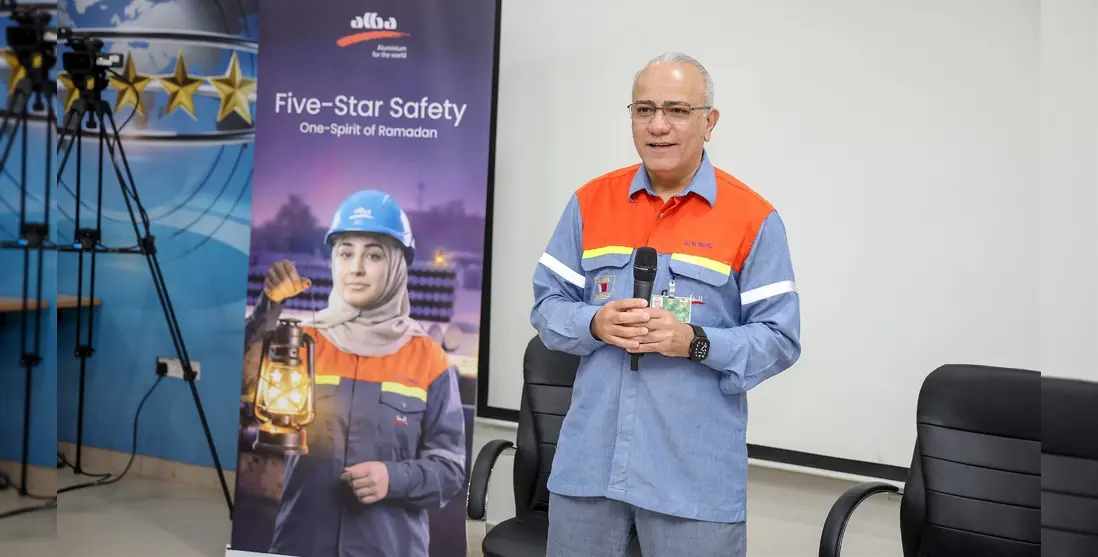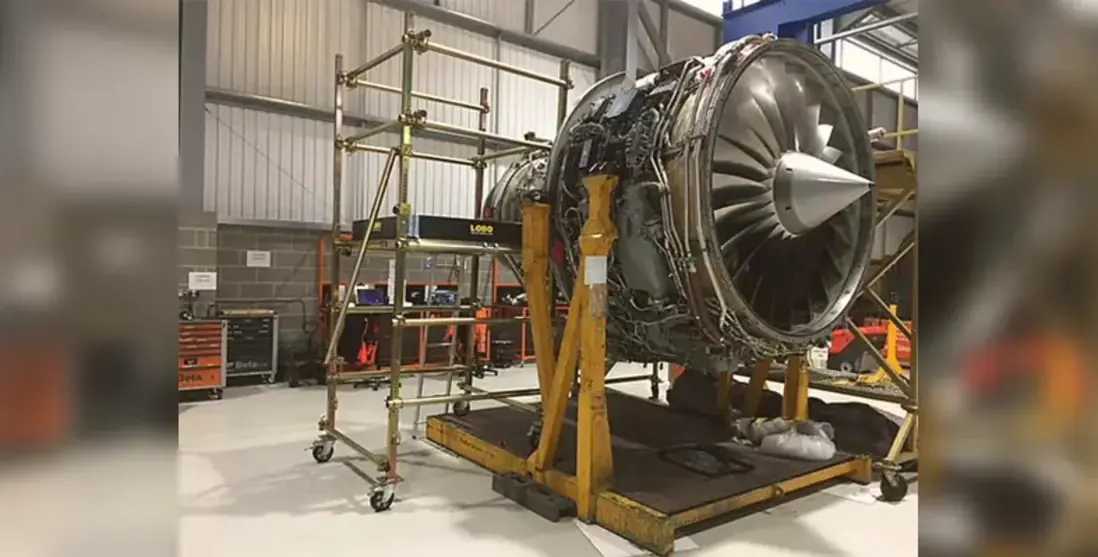The National Institute for Occupational Safety and Health (NIOSH), a federal agency tasked with researching and promoting workplace safety, is undergoing a dramatic restructuring that could impact occupational health across industries, including those in the Gulf of America region.
Announced in early 2025, the overhaul has sparked concerns about weakened protections for workers in high-risk sectors like offshore oil and gas, mining, and firefighting.
NIOSH, established under the 1970 Occupational Safety and Health Act, conducts research and provides recommendations to prevent workplace injuries, illnesses, and fatalities.
Its work has been critical for industries prevalent in the Gulf region, where offshore platforms face hazards like explosions, toxic exposures, and severe weather.
However, recent reports indicate that NIOSH is facing massive layoffs, with up to 90% of its workforce potentially cut.
This restructuring, driven by Health and Human Services Secretary Robert F. Kennedy Jr., involves merging NIOSH into a newly formed Administration for a Healthy America (AHA), alongside other agencies like the CDC.
A threat to HSE operations in the region
Critics, including labour unions and public health experts, warn that the layoffs and merger threaten NIOSH’s ability to fulfill its mission.
The agency’s research into workplace hazards, such as silica dust for miners, PFAS chemicals for firefighters, or hydrogen sulfide for oil workers, requires specialised expertise that could be lost.
For Gulf workers, NIOSH’s studies on offshore safety protocols and heat stress are vital, given the region’s hurricane-prone environment and labour-intensive rigs.
The agency’s data-driven recommendations often inform OSHA regulations, which set enforceable standards.
A diminished NIOSH could mean fewer updates to these protections, leaving workers vulnerable.
The restructuring has also raised questions about funding and priorities. While the AHA aims to streamline public health efforts, skeptics argue it may prioritise broader health initiatives over workplace-specific research.
Congressional oversight is expected, with hearings planned to assess the impact on industries reliant on NIOSH’s expertise. For now, the agency’s remaining staff face uncertainty, with morale reportedly low.
In the Gulf, where economic activity hinges on safe operations, the NIOSH cuts could have ripple effects.
Without robust research, employers may struggle to address emerging risks, potentially increasing accidents or exposures.
Stakeholders are urging policymakers to preserve NIOSH’s capacity to protect the nation’s workforce.
Also read: DOGE terminates Louisiana federal agency leases; OSHA affected





